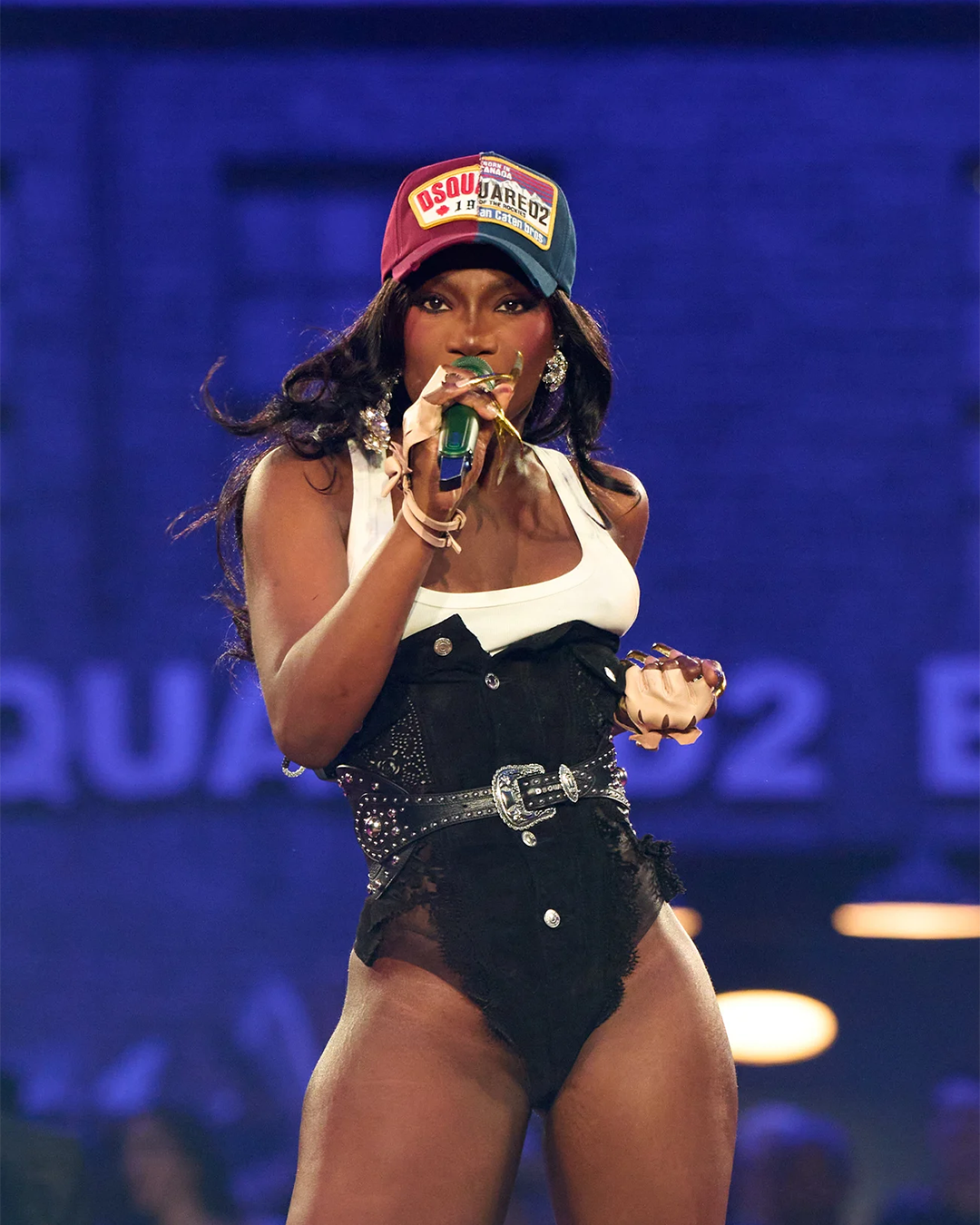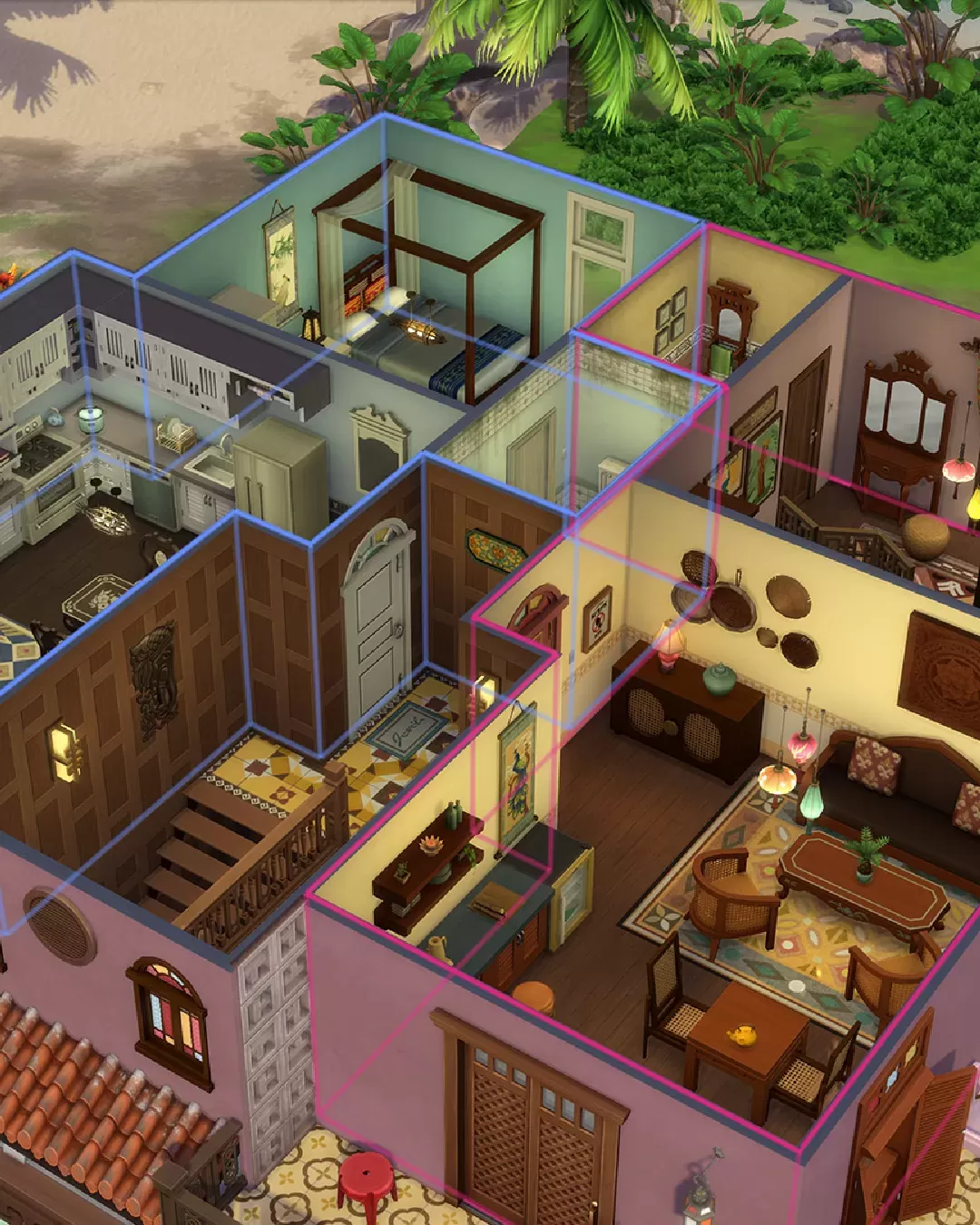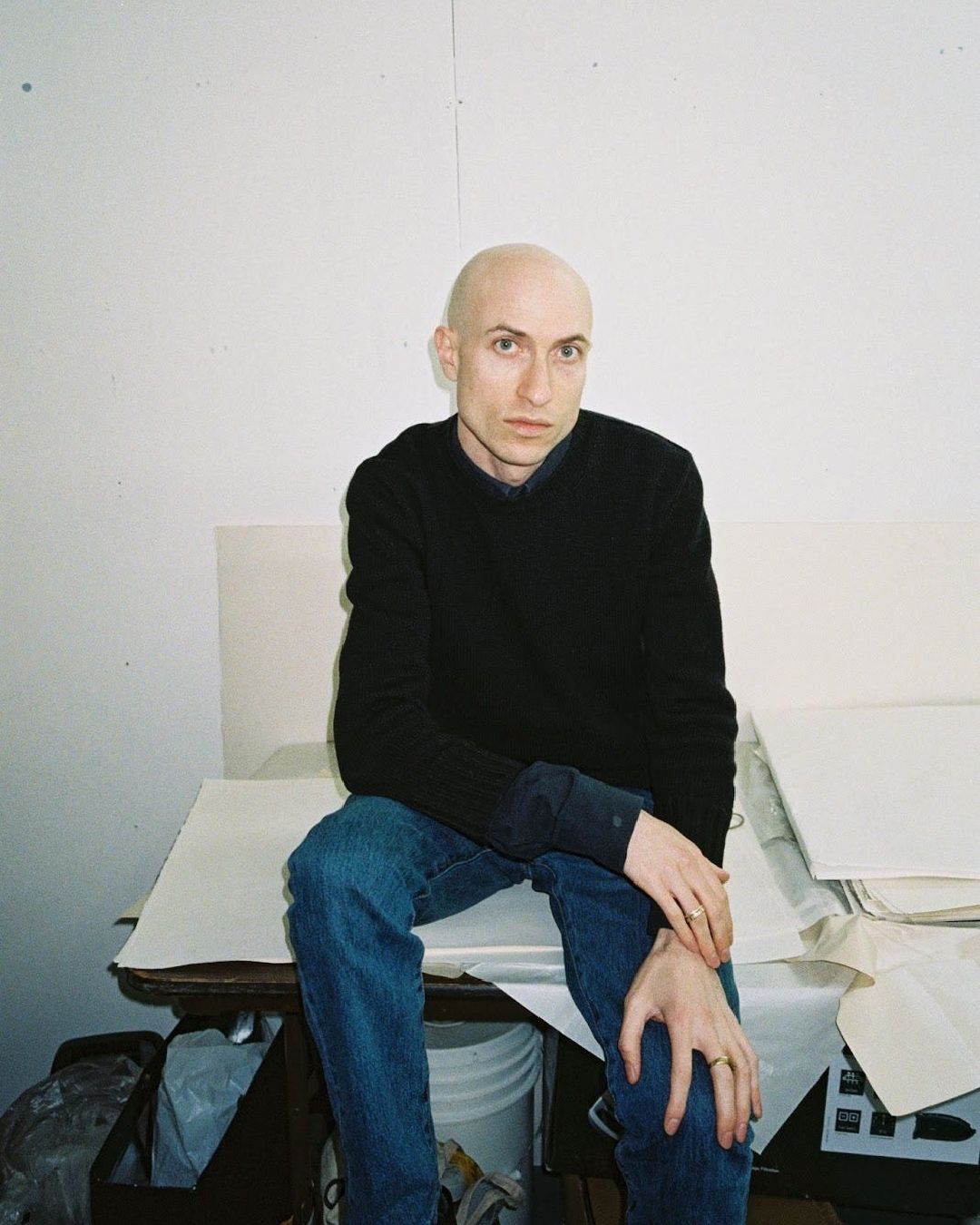
The most iconic soundtracks of video games From Koji Kondo's compositions to GTA's radio stations
It's not a dream. Rockstar, the production house behind the Grand Theft Auto saga (and more), has finally announced that the GTA VI trailer will be released in the early days of December. Waiting to know the exact day of release, it seems that we will be grabbing the joysticks and not stopping at traffic lights from 2024, also because if the day one were to slip to 2025, the mental stability of many fans would be compromised. Furthermore, this good news brings with it many other possibilities: we can start fantasizing about which artists and songs will appear in the game, which, as we know, has worked as a respectable placement for those who have decided to bet on it in the past. The tracks inside GTA San Andreas, regardless of the musical genre, are now imprinted in the minds of all gamers and associated with well-detailed scenarios. But we can expect more, even from this point of view, from GTA VI. It's fair. After 10 years of waiting, we have the sacred right. Could Frank Ocean decide to return to the music scene in the new chapter of the saga? Considering the link between Blonded Radio and the game, a station available while driving vehicles in GTA V, we feel like fueling some small hope. Or imagine if Ye were to release an exclusive album on GTA VI: it would be a truly disruptive choice and would create a precedent in both the gaming and music industries. After all, if Marshmello and Travis Scott have organized a concert on Fortnite, why not release an album for the first time? GTA falls into the category of video games that "exploit" existing tracks, acquiring the rights to create their own soundtrack. Just like FIFA has done over the years.
However, there are many other soundtracks where instrumental musical accompaniments turn into redundant jingles in our heads.
Super Mario Bros (1985)
In the trend of soundtracks created specifically for a video game, Super Mario Bros and Koji Kondo rightfully belong. Kondo is one of the legendary figures in the Nintendo sphere. In the period leading up to the launch of the historic video game, around 1983, the video game production house sought a composer for its theme song. The choice turned out to be more than successful: it fell on Kondo, who, over the years, became a key figure not only for that video game but also for many other Nintendo-signed chapters. To name a few, Super Mario 2 and 3, Super Mario 64, Super Mario Galaxy. And to give greater value to his work, it's important to know how the Nintendo Entertainment operating system allowed the use of only three musical notes simultaneously at that time.
The Legend of Zelda: Ocarina of Time (1998)
Koji Kondo is again the protagonist of The Legend of Zelda: Ocarina of Time's soundtrack. We're talking about one of the most iconic video games ever, which inevitably brings with it a musical accompaniment of its caliber. It's the fifth chapter in the series but only the first made using 3D graphics. As excellently told by this Pitchfork article, the theme song that resonates in the scenes of the video game is made using the harp, combined with Gregorian chants and sounds belonging to the dark ambient and flamenco musical genres.
Tony Hawk's Pro Skater (1999)
Extreme sports video games that have become famous in recent times (Riders Republic above all) owe a lot to the Tony Hawk's Pro Skater saga, a precursor of this genre; but let's move on to the soundtracks of the various chapters. They have always been a mix of punk, alternative rock, and hip hop and have had the power to become an integral part of the gaming experience. The excellent work was done by Brian Bright, music supervisor, and producer. The songs used in the episodes of the skater-signed video game have the merit of introducing many new generations to alternative music. The late '90s and early 2000s were tumultuous: grunge was dead, pop punk and nu-metal were emerging, and there was a strong need for a platform that spoke to a young, inexperienced, and absolutely uneducated audience.
The Final Fantasy VI (1994)
Many titles in the Final Fantasy series were composed by Nobuo Uematsu, a skilled Japanese pianist. This article reports an interview by John Kaminari with Uematsu himself. Between the lines of the conversation, we can read how Uematsu was the flagship of Square Co., a company founded in 1986 in Japan that produced video games: he was the only composer they decided to focus on. Conventionally, among the various chapters of the saga on which Uematsu has laid hands, Final Fantasy VI is considered the best, both by fans and the musician himself. Some have thought to classify all of Uematsu's compositions for the sixth episode of the saga, and on the web, everyone seems to agree that Dancing Mad is the best of all.
GTA San Andreas and GTA V (2004; 2013)
Moving from the land of the Rising Sun to that of the States, the soundtracks of GTA San Andreas and GTA V must be categorically placed among the best in history, but for two very distinct reasons. As clarified in the introductory part of this article, GTA San Andreas set a precedent in the history of video games: such a varied tracklist in terms of musical genres had never been presented. In the 11 radio stations of GTA San Andreas, you can find everything: Playback FM and Radio Los Santos played the biggest hip-hop hits, including Public Enemy's Rebel Without A Pause, 2Pac's I Don't Give A Fuck, Ice Cube's It Was A Good Day, and Check Yo Self. But it's on K-Rose that some of the most iconic tracks are played. On the country radio station, we find Eddie Rabbit's I Love a Rainy Night, capable of evoking unprecedented nostalgia. On K-DST, there is also, in addition to TOTO's Hold The Line and Kiss's Strutter, America's A Horse with No Name: who hasn't crossed the Las Venturas desert at least once on the saddle of a quad to the notes of this song? Almost a decade later, with the arrival of GTA V, the radios undergo a considerable upgrade, especially thanks to Blonded Radio, a playlist curated by Frank Ocean himself, featuring tracks from Marvin Gaye, Aphex Twin, JAY-Z, Migos, and, of course, Frank himself, such as Nights and Crack Rock: the radio was added only in 2017, a year after Frank Ocean had added Blonde to the studio album repertoire, which already included Channel Orange.
Assassin's Creed II (2009)
The music accompanying Assassin's Creed II, as well as the other chapters that tell the deeds of Ezio Auditore, is called "chase music"; literally "music for pursuit," the title developed by Ubisoft needed a background musical score that would perfectly match the acrobatic leaps of the character. The one who took care of one of the best soundtracks (contained precisely in Assassin's Creed II) was the Danish composer Jesper Kyd. It is named Venice Rooftops because part of the storyline takes place right there. Jesper Kyd, also the composer of the soundtrack for many chapters of Hitman, is considered a true master in creating pathos in video game scenes.














































